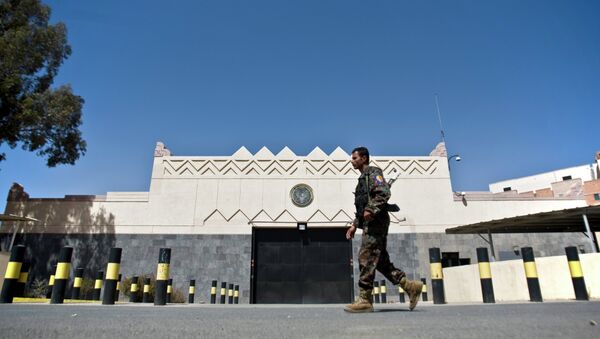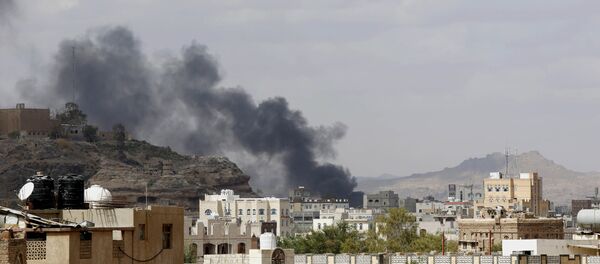A number of civil liberties groups, including Asian Americans Advancing Justice (AAJC) and Creating Law Enforcement Accountability & Responsibility (CLEAR), have written to the US State Department, seeking an investigation into allegations of misconduct toward Yemeni-Americans at the US Embassy in Sanaa.
The accusations include the unjust revocation of passports, coercive interrogations, and continuous restrictions on individuals’ right to travel. The report also alleges that Yemeni-Americans were pressured into signing confessions that they had used fraudulent names on travel documents.
"In a small number of cases, the Department has, without explanation, suddenly returned passports to individuals in their requested names in advance of scheduled administrative hearings; even though they had signed confessions purporting the name was false – shedding more doubt on the reliability of the confessions," the report reads.
"The [State] Department essentially asks these individuals to re-prove their claims of citizenship," the report adds. "However, the Department’s evidentiary standards are nearly impossible to meet."
Speaking to the Intercept, immigration attorney Jan Brown explains one of the worst such cases, in which a 7-year-old girl was separated from her mother because of the State Department’s refusal to issue travel documents to the family.
"It’s doubly traumatizing for a little girl to be separated from her mother. And certainly in that culture, it is the mother who would raise the little girl, not the father. Who knows what impact that would have on her in the future," Brown said.
"There is no allegation that the child did anything wrong – as a matter of fact, that would be an absurdity – a legal impossibility."
Brown said that the girl now suffers from panic attacks and seizures.
The report also highlights the State Department's refusal to evacuate US citizens from Yemen when war broke out in April. American citizens of Yemeni descent were told to find their own way out of the country.
The unconstitutional actions have left many Yemeni-Americans worried about the status of their citizenship.
"They are doing this in a specific community, and this community has already been really targeted," Naz Ahmad, an attorney with CLEAR, told the Intercept. "People are asking, What impact does it have on my citizenship? It doesn’t make sense to them that they could still be a citizen and not have a passport."
While the US Embassy in Sanaa has been closed since last February, the mistreatment of Yemeni-Americans has continued, according to lawyers.
The United Nations estimates that as many as 2,795 civilians in Yemen have been killed since the conflict began. Another 5,324 have been wounded, and the Saudi naval blockade has left approximately 1 million people internally displaced, with as many as 20 million people in desperate need of food, water, and medical supplies.





